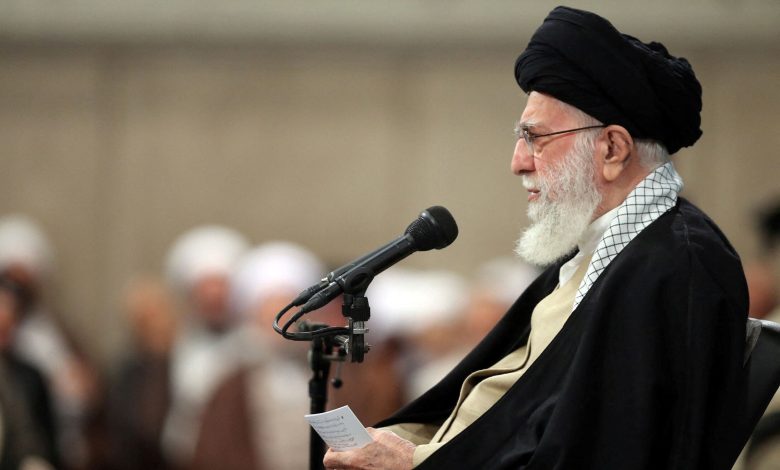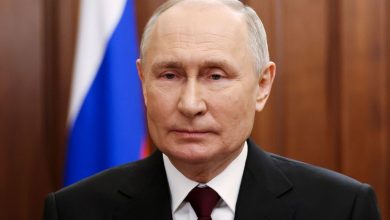Iran’s supreme leader vows revenge for Hezbollah’s Nasrallah, declares five days of mourning

Iran Supreme Leader Ayatollah Khamenei has pledged retaliation after Hezbollah leader Hassan Nasrallah wass killed in Israeli airstrikes on Beirut.
The strike, which took place on Friday, also reportedly killed an Iranian Revolutionary Guards general. In response, Khamenei declared five days of mourning in Iran, describing Nasrallah as a “martyr” and praising him as “a path and a school of thought” that would endure.
Nasrallah, a central figure in Middle Eastern politics, had been in hiding for years due to fears of assassination by Israel. His death marks a significant moment in the ongoing conflict between Israel and Hezbollah.
Israeli Prime Minister Benjamin Netanyahu characterised the strike as a “historic turning point” and claimed that Israel had “settled the score” with Nasrallah, who had long been a target due to his influence and leadership within Hezbollah.
US President Joe Biden echoed this sentiment, calling Nasrallah’s death “a measure of justice for his many victims,” while also reiterating his call for a ceasefire amidst the escalating violence.
Tensions between Hezbollah and Israel have been at a high, with Lebanon’s health ministry reporting that at least 33 people were killed and nearly 200 wounded in Israeli strikes on Saturday.
The wider regional implications of Nasrallah’s death remain uncertain. While Khamenei has refrained from directly promising retaliation for the series of Israeli strikes in recent weeks, including the killing of Hamas leader Ismail Haniyeh in July, Iran’s response is critical. Khamenei has urged Muslims to support Hezbollah, but without committing to specific military action.
The Israeli military claims that Nasrallah was targeted while “commanding more imminent attacks” and blamed him for having “the blood of thousands” on his hands. Meanwhile, reports indicate that Iran’s Islamic Revolutionary Guard Corps (IRGC) deputy commander, Gen Abbas Nilforoushan, was also killed in the strikes, although this remains unconfirmed by Iranian authorities.
The airstrike that killed Nasrallah levelled several buildings in Beirut’s Dahieh district, where Hezbollah’s central headquarters were reportedly located. While Hezbollah confirmed Nasrallah’s death, the group has remained silent on Israeli claims that other senior Hezbollah commanders, including Ali Karaki, were also killed.
Beyond Lebanon, the effects of the strike are rippling across the region. The Houthis in Yemen launched a missile at the Israeli city of Tel Aviv, which was intercepted, while Iraqi militias claimed new drone attacks on northern Israel. Hezbollah and its allies, which include Hamas, the Houthis, and Shia militias in Iraq and Syria, form what is known as the “Axis of Resistance”—a network opposed to US and Israeli influence in the region.
According to Sanam Vakil, director of the Middle East programme at Chatham House, Iran’s reputation among its allies may be at risk following Nasrallah’s death. “Iran will be looking for some way to turn the tables and save face,” she explained, suggesting that Tehran might pursue a coordinated response from its allies or even a direct strike on Israel. However, any further escalation could provoke additional retaliatory strikes by Israel.





